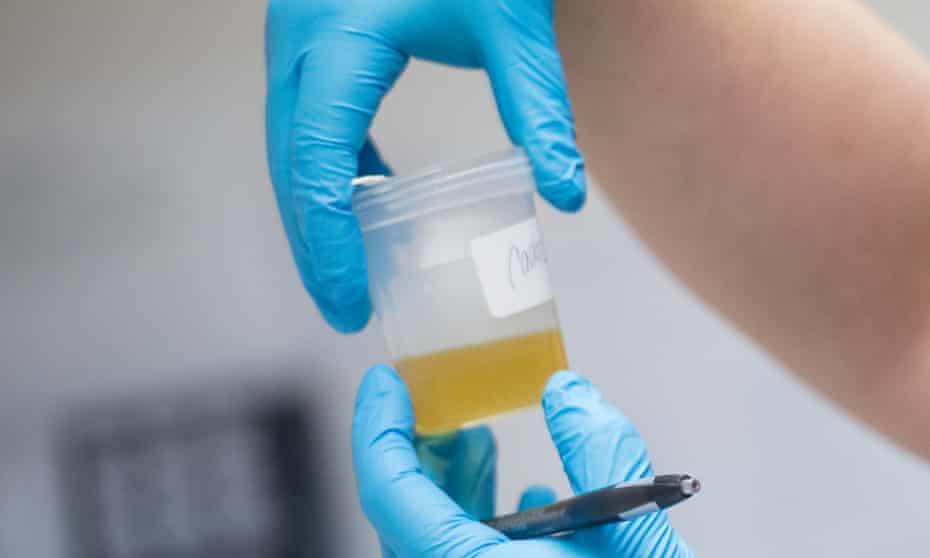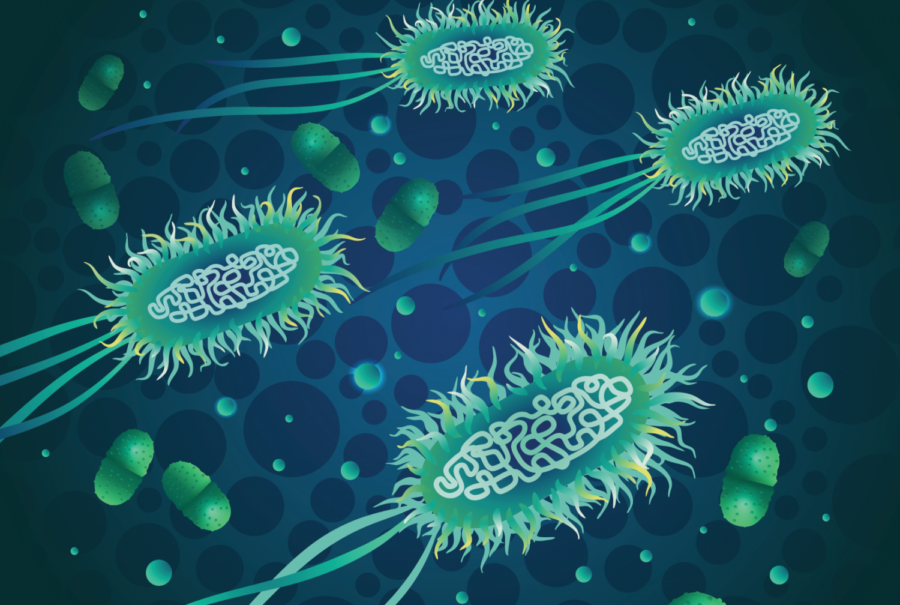“Urinary tract infections (UTIs) are common and often easily managed, yet some women are plagued by one infection after another. Now, a new study hints at a culprit: the antibiotics used to treat them.“
The following written content via Newsmax Health.
UTIs can affect anyone, but are particularly prevalent among women. Studies suggest that up to 80% of women develop a UTI at some point, and about one-quarter of them have frequent recurrences.
Exactly why those women suffer repeat bouts has been unclear.
The new study, published May 2 in the journal Nature Microbiology, offers early evidence of a potential reason: The antibiotics used to treat UTIs might set the stage for repeat infections by depleting the gut microbiome of beneficial bacteria.
The microbiome refers to the vast array of bacteria that naturally dwell in the body, largely the gut, and help keep vital functions running smoothly — including the immune response.
The makeup of those bacteria is always in flux, being influenced by various factors, from diet to antibiotic use. Anyone who has ever had digestive issues after a course of antibiotics has felt those effects.

The gut is also known to be a “reservoir” for certain bacteria that cause most UTIs — so-called uropathogenic E. coli. In fact, UTIs often arise from the “ascension” of those bacteria from the gut to the urinary tract, explained Scott Hultgren, one of the senior researchers on the new study.
In theory, throwing off the delicate balance between “good” and “bad” gut bacteria could predispose some women to recurrent UTIs.
But until now, studies have not delved into the question, said Hultgren, a professor of molecular microbiology at Washington University School of Medicine in St. Louis.
So he and his colleagues recruited 31 women ages 18 to 45. Fifteen of them had recurrent UTIs — three or more in the past year. Over the next year, the researchers collected blood and urine samples, plus monthly stool samples, from the women. During that time, there were 24 more UTIs in the study group, all among women who’d been suffering recurrent bouts, and they were usually treated with antibiotics.
Overall, the researchers found, women with recurrent UTIs had a gut microbiome that looked different from other women’s. They had much less diversity in their good bacteria, and fewer microbes that produce butyrate — a fatty acid that helps control inflammation.
Meanwhile, women in the comparison group were just as likely to show UTI-causing E. coli in their guts, and those bugs sometimes traveled to their bladders. The difference was, those women did not develop UTIs. Read more from Newsmax Health.





